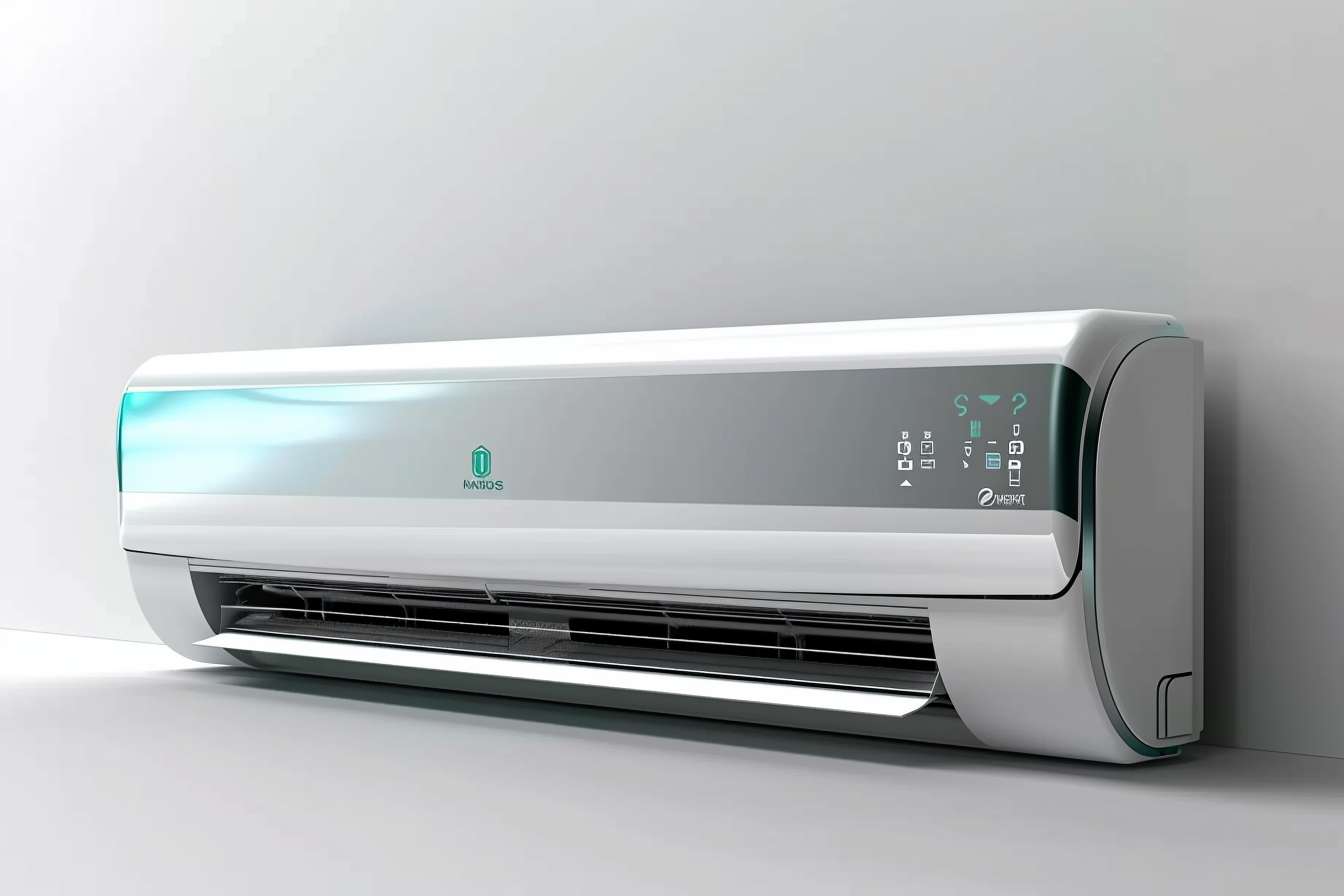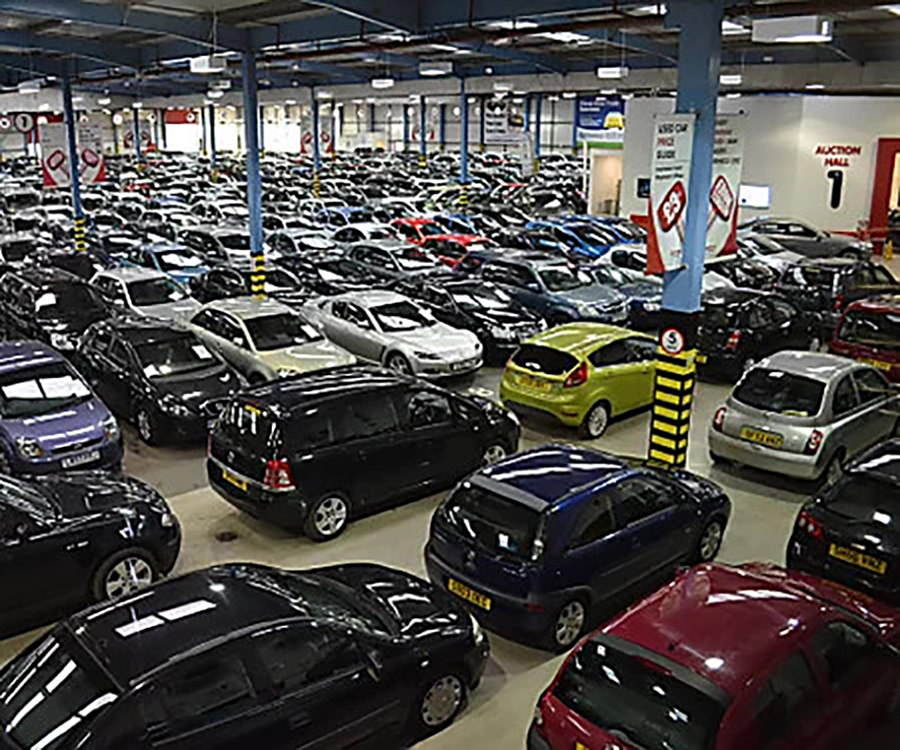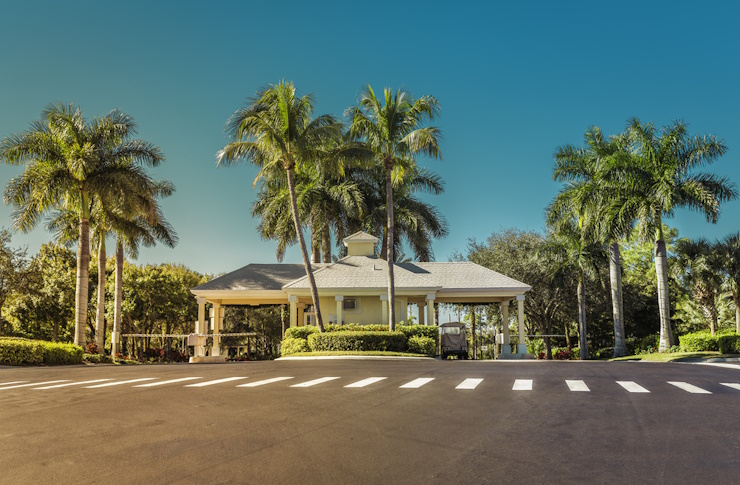Home Air Conditioning Systems: A Complete Guide to Cooling Options
Air conditioning systems have become essential components in modern homes, providing comfort during hot weather and improving indoor air quality. With various technologies available, homeowners can choose systems that match their specific needs, budget constraints, and property characteristics. Understanding the different types of air conditioning systems and their features can help make an informed decision when upgrading or installing new cooling equipment.

Understanding Home Air Conditioning Systems
Home air conditioning systems come in several configurations, each with distinct advantages. Central air conditioning remains the most common in larger homes, using ductwork to distribute cooled air throughout the entire house. These systems consist of an outdoor condensing unit containing the compressor and an indoor air handler with an evaporator coil. For homes without existing ductwork, ductless mini-split systems offer an alternative solution, with individual air handlers mounted in different rooms connected to an outdoor unit. Window units and portable air conditioners provide targeted cooling for single rooms or small spaces, making them suitable for apartments or supplementary cooling needs.
Energy-Efficient Air Cooling Systems for Home
Energy efficiency has become a primary concern for homeowners seeking to reduce utility bills while maintaining comfort. Modern air cooling systems incorporate advanced features like variable-speed compressors that adjust output based on cooling demand rather than cycling on and off. This technology can reduce energy consumption by up to 40% compared to conventional single-speed units. SEER (Seasonal Energy Efficiency Ratio) ratings help consumers compare efficiency levels, with higher numbers indicating greater efficiency. Energy Star certified units meet strict efficiency guidelines set by the Environmental Protection Agency, often qualifying for rebates or tax incentives. Smart thermostats further enhance efficiency by allowing precise temperature scheduling and remote operation through smartphone apps.
New Air Conditioning Technology Transformations
The air conditioning industry continues to evolve with innovative technologies enhancing both comfort and efficiency. Inverter technology represents one of the most significant advancements, allowing compressors to run at variable speeds rather than simply turning on and off. This provides more consistent temperatures, quieter operation, and reduced energy consumption. Some manufacturers have introduced advanced air purification features integrated into their systems, including UV-C light sanitizers that kill airborne pathogens and multi-stage filtration to remove allergens and pollutants. Voice-activated controls compatible with smart home systems like Amazon Alexa or Google Home allow for hands-free operation. Additionally, refrigerant technology continues to advance with more environmentally friendly options replacing older formulations with high global warming potential.
Apartment Air Conditioning Solutions
Apartment dwellers face unique challenges when selecting cooling systems due to space limitations, building regulations, and installation constraints. Ductless mini-split systems provide an excellent solution for many apartments, offering quiet operation and individual room control without requiring major structural modifications. These systems require only a small hole in the wall for the refrigerant lines connecting indoor and outdoor units. For rental situations with restrictions on permanent installations, portable air conditioners offer a viable alternative, requiring only a vent to the outside through a window or wall opening. Window units remain popular in apartment settings due to their affordability and easy installation, though they may block views and limit window functionality. Some newer apartment buildings feature PTAC (Packaged Terminal Air Conditioner) units built into exterior walls, providing both heating and cooling functions in a single package.
Heat Pump Air Conditioner Benefits
Heat pump air conditioners represent a versatile solution that provides both heating and cooling capabilities in a single system. Unlike conventional air conditioners that only cool, heat pumps can reverse operation to extract heat from outdoor air during winter months. This dual functionality makes them particularly cost-effective in moderate climates where both heating and cooling are needed seasonally. Modern heat pumps operate efficiently even in colder temperatures, with some models functioning effectively down to 5°F or lower. The heating efficiency of heat pumps typically ranges from 175% to 300%, meaning they deliver more heating energy than the electrical energy they consume. This efficiency makes them significantly less expensive to operate than resistance electric heating. Additionally, since heat pumps transfer rather than generate heat, they produce fewer carbon emissions compared to combustion-based heating systems like furnaces or boilers.
Air Conditioning System Costs and Comparisons
When considering a new air conditioning system, understanding the potential costs and options available is essential for making an informed decision. The table below compares different system types with their approximate cost ranges and key characteristics.
| System Type | Installation Cost Range | Operating Cost | Ideal Applications | Lifespan (Years) |
|---|---|---|---|---|
| Central Air | $3,800 - $7,500 | Moderate | Whole-house cooling with existing ductwork | 15-20 |
| Ductless Mini-Split | $2,000 - $7,000 per zone | Low to Moderate | Homes without ductwork, zoned cooling | 15-20 |
| Window Units | $150 - $750 per unit | Moderate to High | Single rooms, apartments, supplemental cooling | 8-10 |
| Portable AC | $250 - $700 per unit | High | Temporary cooling, rentals with restrictions | 5-8 |
| Heat Pump Systems | $4,500 - $8,000 | Low for heating, moderate for cooling | Year-round climate control | 15-20 |
Prices, rates, or cost estimates mentioned in this article are based on the latest available information but may change over time. Independent research is advised before making financial decisions.
Air conditioning technology continues to evolve, offering homeowners and apartment dwellers increasingly efficient and effective options for maintaining comfortable indoor environments. Whether selecting a whole-house central system, a flexible ductless installation, or a simple window unit, understanding the available technologies helps ensure the right choice for specific cooling needs and property characteristics. As energy efficiency standards continue to rise and smart home integration becomes more sophisticated, modern air conditioning systems deliver improved comfort with lower environmental impact and operating costs than previous generations of equipment.




